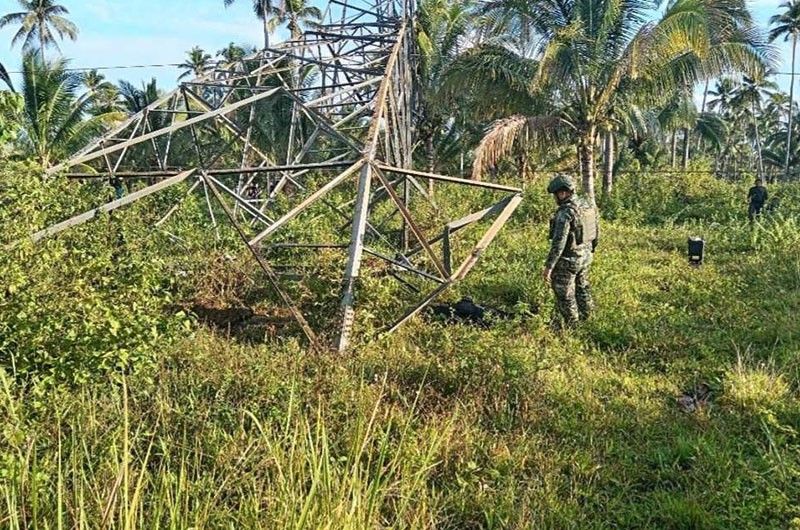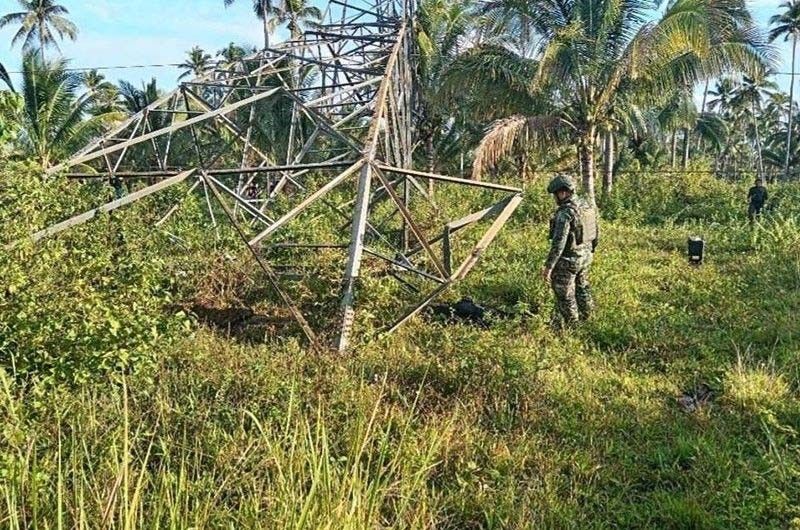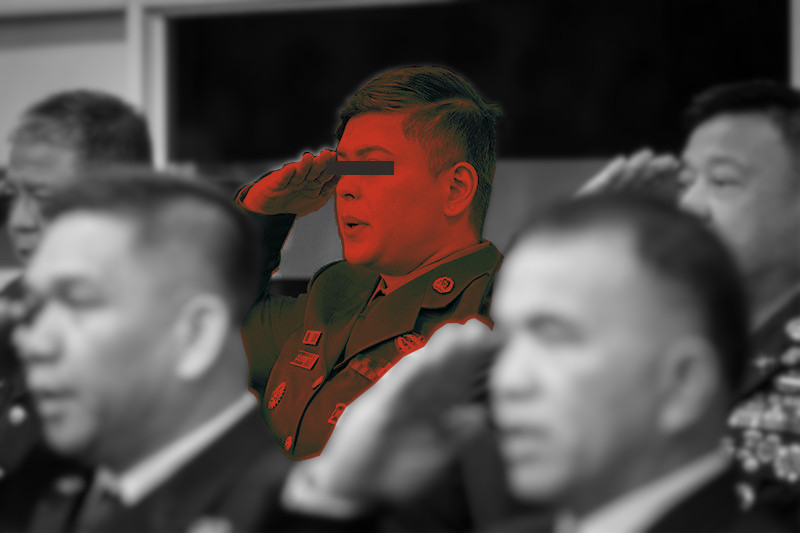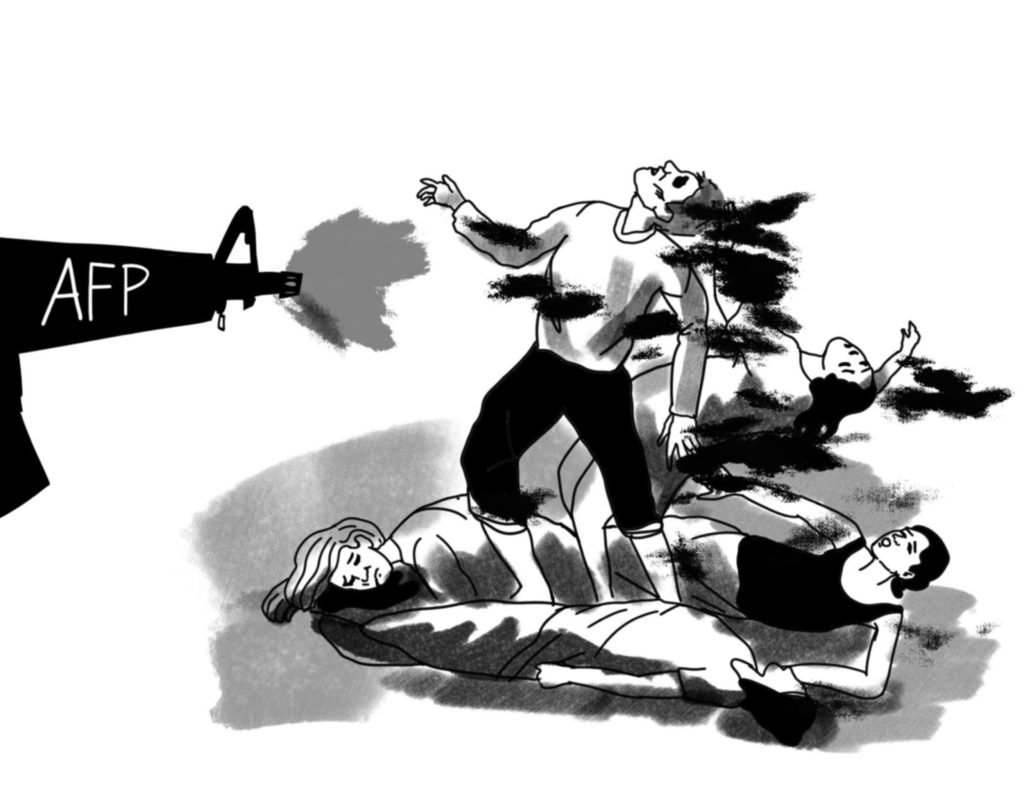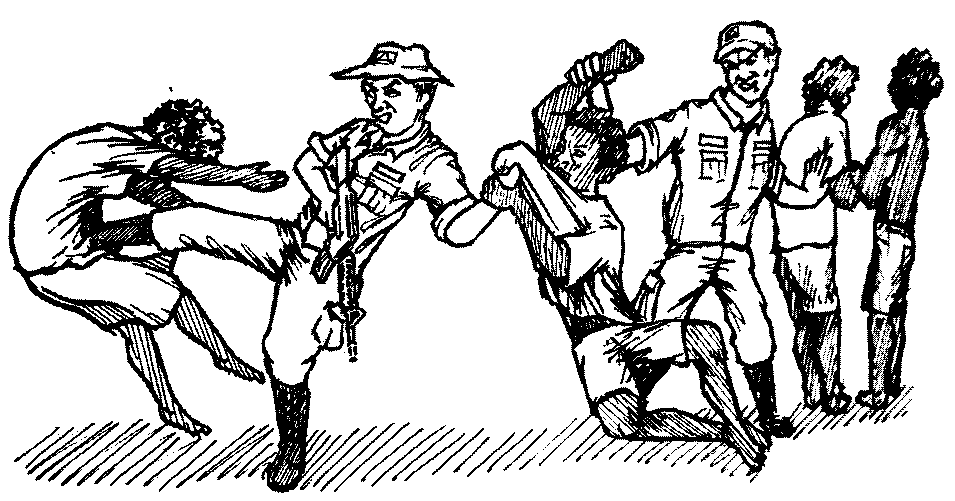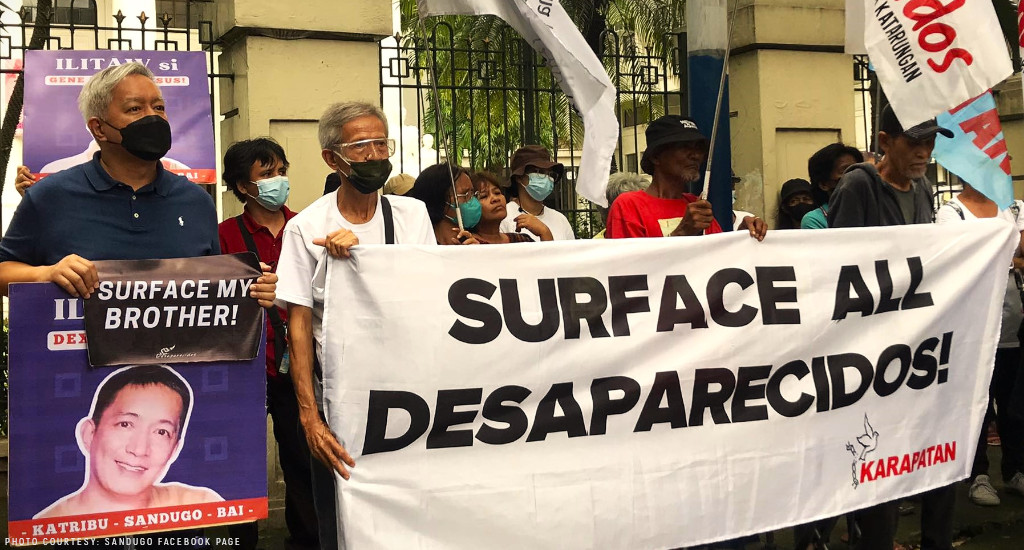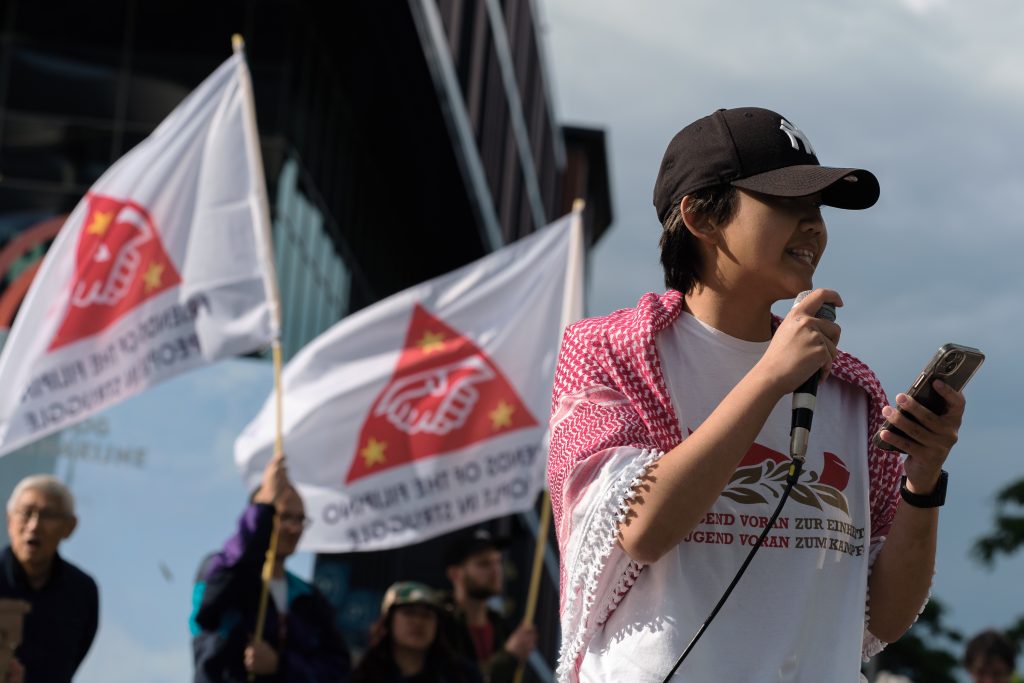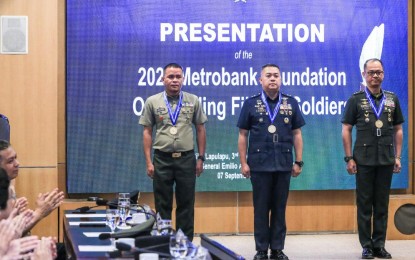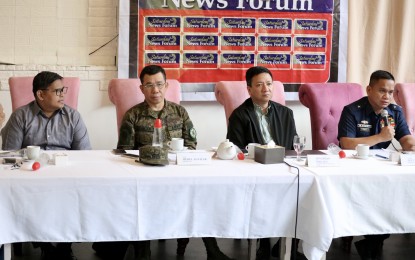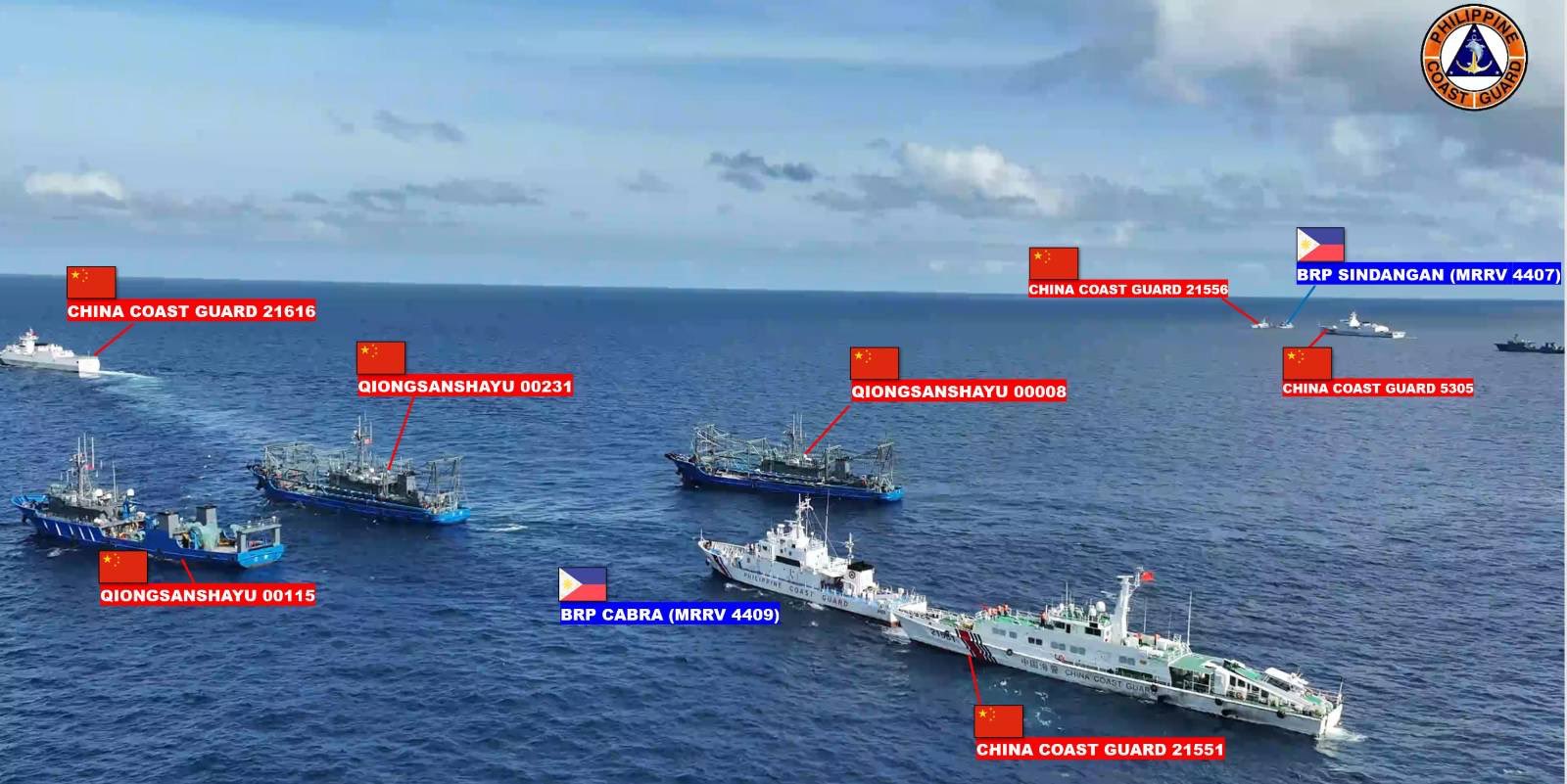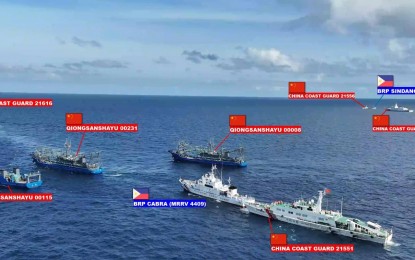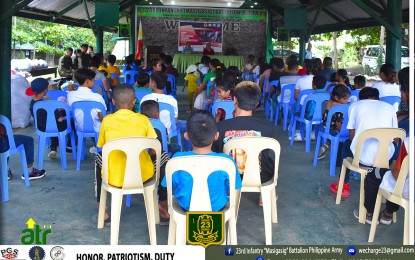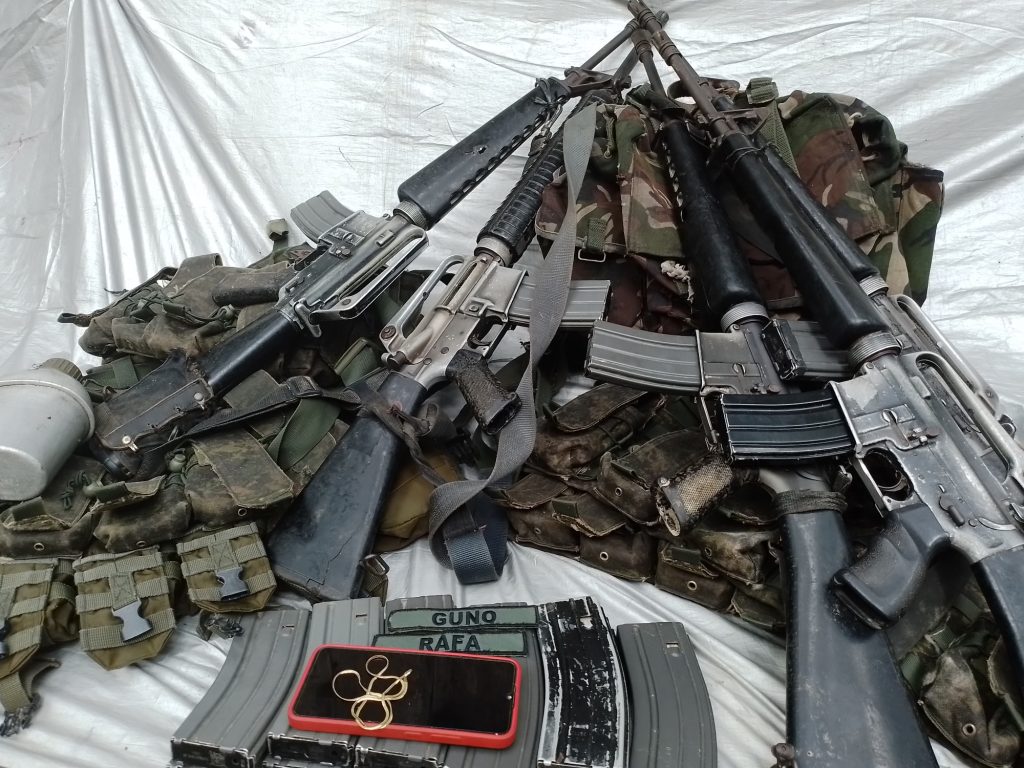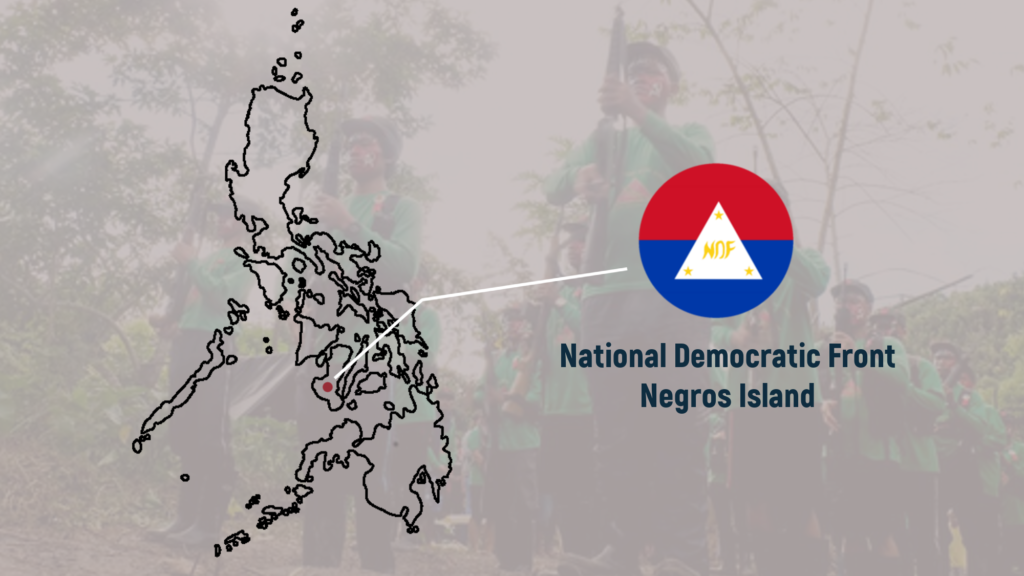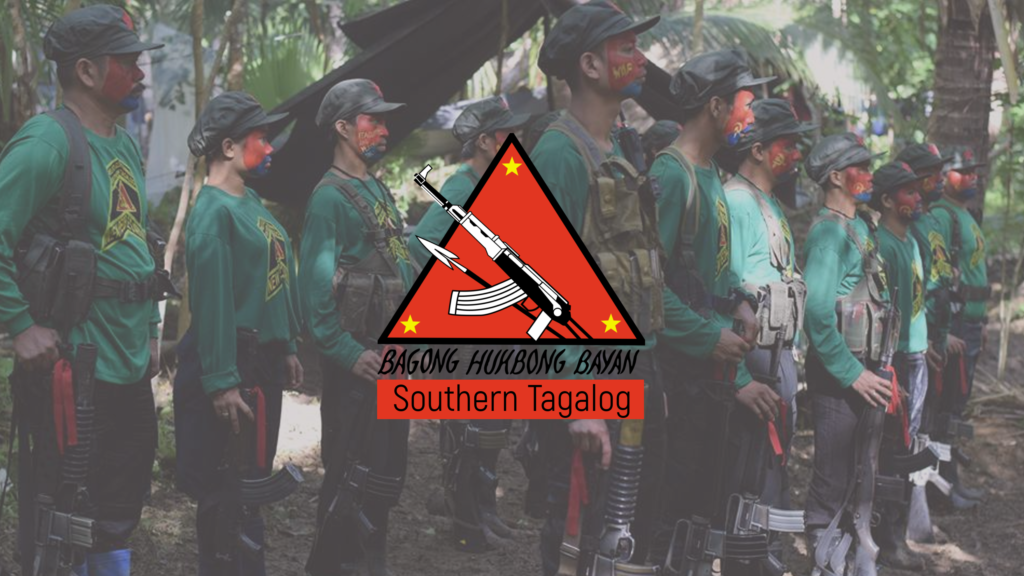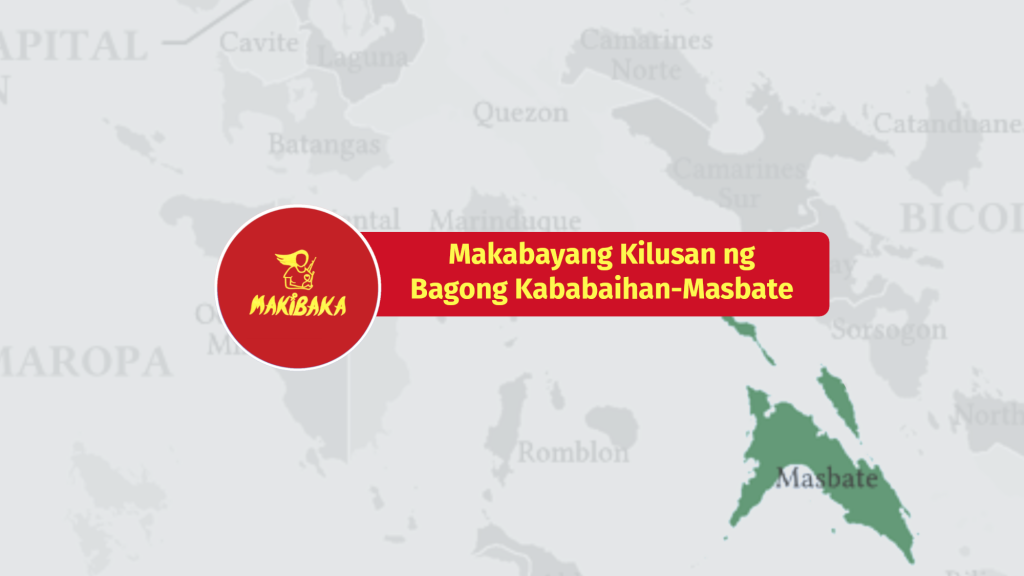From the Manila Times (Sep 10, 2023): 2 PH ships acquire anti-torpedo system (By Franco Jose C. Baroña)
TWO Philippine Navy frigates have received much-needed upgrades, considered a milestone in the country's efforts to modernize its defense capabilities amid the escalating tension in the West Philippine Sea, a source privy to the information told The Manila Times on Saturday.
This was confirmed in a statement by the Naval Group, a major French industrial company specializing in naval defense design, development and construction, which said that it had equipped two Jose Rizal-class frigates of the Philippine Navy with its Contralto anti-torpedo reaction module.
The Naval Group said its Contralto anti-torpedo reaction module was successfully installed into the C-Guard decoy launching system of the two frigates on August 31.
The upgrades are part of the contract, the first entered into by the Naval Group with the Department of National Defense (DND) for the Philippine Navy on Dec. 1, 2021.Under the agreement, Naval Group is to provide an anti-torpedo defense system based on the company's Canto/Contralto countermeasures solution to equip the two Jose Rizal-class frigates.
The setting up and testing of Contralto were performed at Subic Agila Bay in the Philippines in the presence of representatives from the DND, Philippine Navy, the Armed Forces of the Philippines (AFP), the Philippine Ministry of Defense, and industrials responsible for anti-submarine warfare (ASW) systems.
The commissioning of the ASW Module and Contralto anti-torpedo reaction module completes the armament of the two Jose Rizal-class frigates acquired as part of the modernization of the Philippine fleet.
The successful installation of Contralto was carried out after an upgrade of the Combat Management System (CMS) supplied by Hanwha Systems Co. and of the C-Guard decoy launcher systems supplied by Terma.
The next contractual milestone is planned for 2024 with the delivery of Canto anti-torpedo countermeasures and the training of the crews by the Naval Group.
Breakthrough
According to the Naval Group, Canto is the latest countermeasure generation in the defense industry.
It pointed out that this breakthrough in the field of anti-torpedo defense applies a unique concept to defending the frigate.
"It is based on the dilution/confusion concept to defend high-value and mission-essential units by generating a high-level acoustic signal over 360 degrees, covering the full frequency range of the attacking torpedo," the Naval Group said.
It added that this anti-torpedo system is fitted with its associated reaction module, Contralto, "which computes the most appropriate evasive maneuver and deployment sequence once a threat is detected."
The company said Canto and Contralto are worldwide references in service in the French Navy and in many foreign navies.
Submarine force
The Naval Group, which opened its office in Manilla in late 2020, said the company's extensive portfolio opens many opportunities to address the entire range of Philippine naval needs, from the development of the naval forces to the constitution of a world-class submarine force.
The company has extended its assistance to the Philippine government in the creation of its own submarine force to safeguard its maritime sovereignty.
The Naval Group said a submarine force will provide the Philippine Navy with the capability to respond to multiple types of threats.
The company will also organize an extensive transfer of technology and know-how to ensure the management, operation, and maintenance of the submarine force are conducted in the Philippines by Filipinos.
The fleet would be based on the design of the Scorpene, a reliable, fast and discreet conventional submarine adapted to the Philippines' submarine force creation needs.
The Naval Group said it will train the Philippine submarine squadron to ensure they have the know-how to plan and manage missions, organize the sustainment of the submarine force over time, and operate autonomously in the long run.
Two crews, each composed of 31 members, and a reserve team will be trained in France for a duration of four years on French standards, both ashore, on simulators, and onboard submarines.
A submarine force training center will later be installed in the Philippines for further training of the first crew and to train the new ones.
The training center will be equipped with all the essential tools, including training simulators.
Training, on the other hand, will be conducted by Filipino instructors trained in France and supported by the Naval Group.
The Philippine Navy has chosen Agila Subic in Zambales as the location for the submarine base.
'No authority'
Meanwhile, the National Task Force for the West Philippine Sea (NTF-WPS) said in a news forum in Quezon City on Saturday that China has no authority to carry out any law enforcement operations within the Philippines' exclusive economic zone (EEZ).
National Security Council (NSC) Assistant Director General Jonathan Malaya said that it is only the Philippine government that has the sovereign right to law enforcement operations in the area as it is within the country's EEZ.
"The National Task Force-West Philippine Sea wishes to emphasize that China has no authority or power to conduct law enforcement operations in our exclusive economic zone," Malaya said.
He added that it is the power of the Philippine Coast Guard (PCG) "to assert to the extent, the Armed Forces of the Philippines" as far as law enforcement operations in the West Philippine Sea are concerned.
Malaya's remarks were in response to claims by the China Coast Guard (CCG) that they were conducting law enforcement operations in Ayungin Shoal on Friday when the AFP and the PCG were conducting a rotation and reprovisioning mission in the Philippine waters.
Two supply boats brought food and other replenishment supplies to troops stationed on board the BRP Sierra Madre in Ayungin Shoal.
While the PCG and the AFP succeeded with their mission, Malaya said that there were still incidents of "harassment, dangerous maneuvers and aggressive conduct by vessels of the China Coast Guard and of the Chinese maritime militia (CMM)" directed at Filipino troops.
Malaya explicitly condemned the actions of the CCG and the CMM, stressing that law enforcement operations within the country's EEZ are well within the sovereign rights and responsibilities of the Philippines.
AFP spokesman Medel Aguilar described the CCG presence in the West Philippine Sea as "misplaced bullying."
"As far as the AFP is concerned, we always refer to existing laws in defining what [our] maritime zone [is] right now," he said.
Credible defense posture
Meanwhile, Aguilar underscored the need to build a credible defense posture for the Philippine military amid the territorial and maritime issues in the WPS.
He said that there were initiatives in the AFP's acquisition of several capabilities from different countries, emphasizing that it has carried out Horizons 1 and 2 under the AFP modernization program. It is now implementing Horizon 3.
"The acquisition of maritime assets, especially that one that will be used by the Philippine Navy, being an archipelagic country, we are talking here of maritime zone law; we are talking of archipelagic [maritime] law," Aguilar said.
"These are very important assets that we have to acquire. First, we have to increase our capability to conduct maritime domain awareness. We have to see what is happening in our environment; that is why we are coming up with the radar systems and other capabilities that will make sure that we have a 360-degree capability to know what is happening," he added.
Aside from that, the AFP official said that the acquisition of naval assets such as submarines must be a top priority for the Philippine military.
"I'm sure everyone will agree that having a submarine is advantageous to any country, but huwag naman sana ninyong isipin na warmongering tayo," Aguilar said.
"We are just developing our capability because we just want to protect what is ours, what will benefit the Filipino people because that is our mandate," he added.
The government has been pursuing military modernization efforts to attain a minimum credible defense posture in the midst of increased tension in the Indo-Pacific region.
A minimum credible defense posture means attaining a particular degree of military capability or enough defense capacity to make any aggressor think twice before engaging in hostile action.
Aguilar also mentioned the new security policy being implemented in AFP facilities, particularly on the use of cellular phones and other electronic devices.
"We initiated precautionary measures so that we can be insulated from any conduct of espionage if there is anyone using these applications. But as far as its usage on [an] individual by our personnel, there is a policy already on the use of social media platforms," he said.
This is to ensure the security of the organization and its personnel and to maintain the credibility and good image of the Armed Forces, he added. (WITH A REPORT FROM CATHERINE S. VALENTE)
https://www.manilatimes.net/2023/09/10/news/2-ph-ships-acquire-anti-torpedo-system/1909364
![]()





